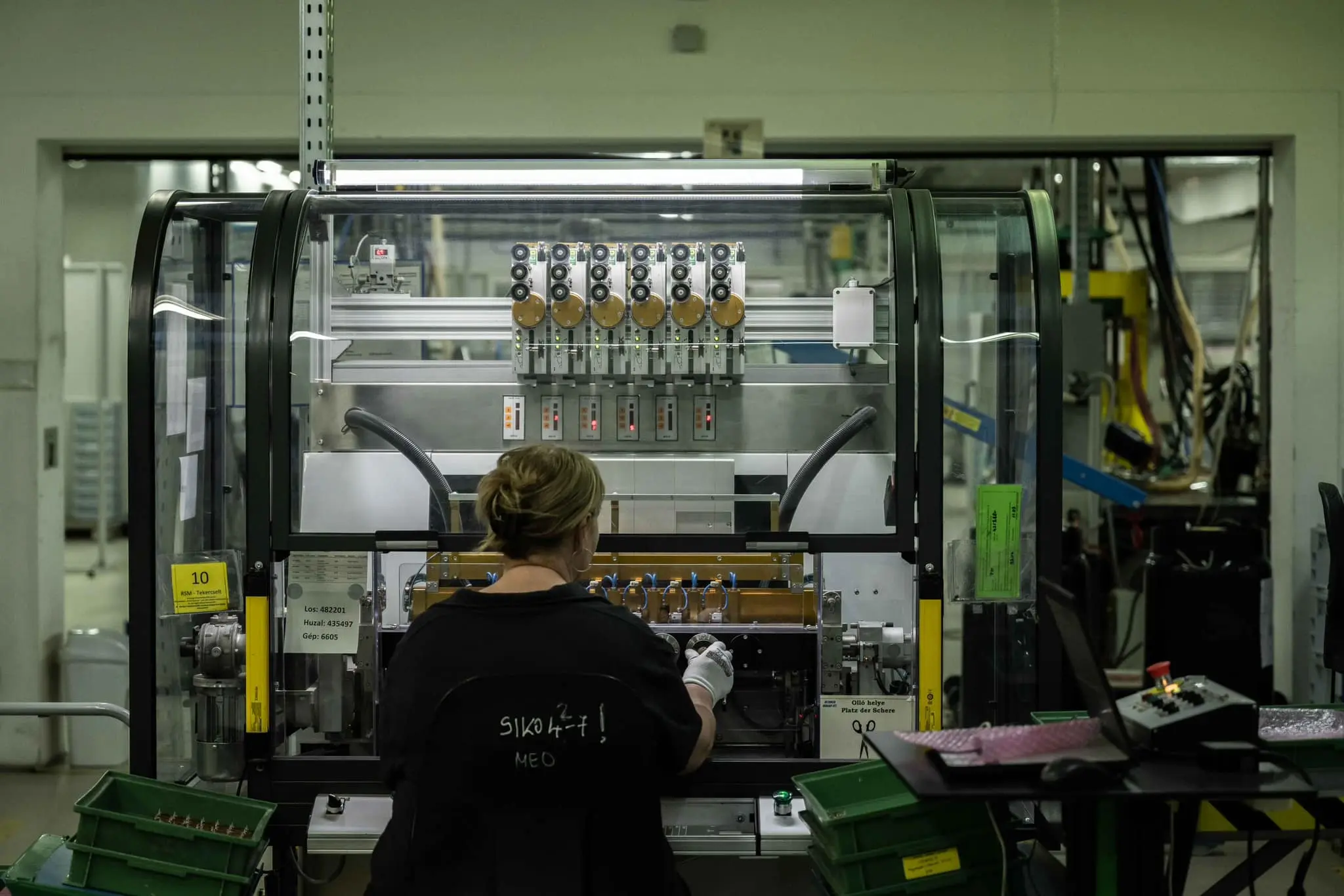“emigration and employment abroad is a decades-old phenomenon and has a clear negative impact on the Hungarian economy.”The news site reached out to Attila Katkics, a business consultant and HR specialist, who highlighted various factors influencing emigration, including economic recession, social disparities, high inflation, persistently low real wages, corruption as well as deficiencies and deterioration in the health and social systems. All these factors can well contribute to the outflow of the Hungarian workforce.

Photo: Facebook.com/szijjarto.peter.official
Considering the advantages offered by host countries, such as improved working conditions, better work-life balance, more leisure time, career advancement opportunities and higher professional recognition, it’s no surprise that many find working abroad attractive.
The Hungarian workforce on the international market: trends and characteristics
Germany, Austria, and England (despite its exit from the European Union) emerge as the top destinations for Hungarian workers, with around 400,000 Hungarians residing in these countries, a significant portion of whom are employed. Additionally, Switzerland, the Netherlands, Sweden, Ireland, the United States, Canada, and Australia also host a substantial number of Hungarian workers. Moreover, over 100,000 individuals living in Hungary commute to neighbouring countries for work.

Photo: facebook.com/szijjarto.peter.official
Typically, working abroad is common among younger individuals, singles, childless couples and recent graduates. Katkics distinguished between three groups of employees who work in foreign countries: highly qualified professionals, skilled workers on shorter-term assignments and seasonal workers engaged in temporary border-area contracts.
- highly qualified professionals (the “victims” of the brain drain process), who often settle for several years or even for the rest of their lives in the host country,
- skilled workers who work abroad for a shorter period of time,
- seasonal workers, who typically do contract labour for only one or two months, usually near the border of Hungary.
Brain drain severely affects the Hungarian workforce severely
In Hungary, the emigration rate among highly educated individuals stands at almost 7 percent, as highlighted by the HR specialist. Pénzcentrum noted that in 2022, the country experienced a substantial outflow of highly qualified Hungarian workforce, posing a significant challenge to the economy. This exodus results in a loss of valuable expertise, skills and creativity that could otherwise be utilised domestically.
“One of Hungary’s most pressing problems is that we are one of the countries least able to retain their talent”
– Attila Katkics explained. While it is unrealistic and impractical to completely halt emigration, policymakers should aim to diminish both the quantity and quality of emigration from the Hungarian workforce. Encouraging the return of expatriates should be a priority, as they bring back fresh perspectives, knowledge, ideas, foreign contracts and social capital, which could greatly benefit the Hungarian economy. Read also: Striking it rich: Guest workers paid millions in Hungary? – HERE Russian discount chain recruiting in Hungary with dream salaries! – Read HERE
Source: Money center
If you would like to support the work of the Daily News Hungary staff and independent journalism,
please make a donation here















